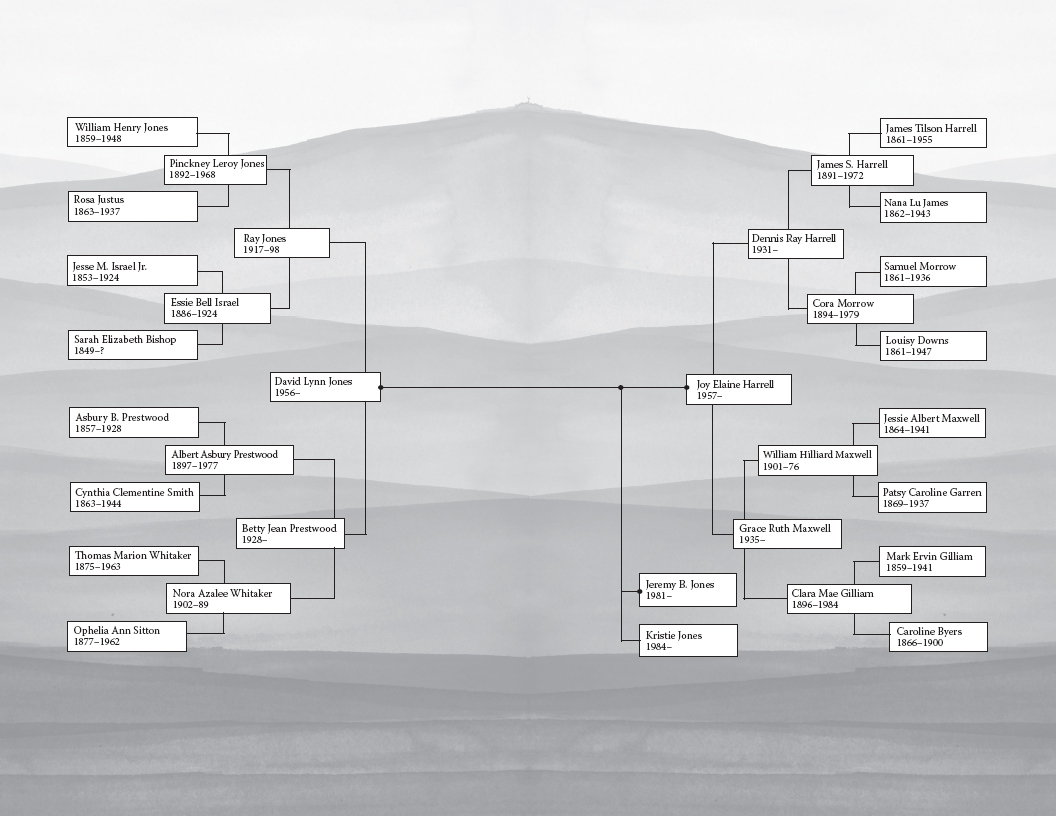Contents
Page List
Guide
Praise for Bearwallow
His narrative is haunting and evocative, full of rich details and natural scenery.
Shelf Awareness
Me in place and the place in me, Seamus Heaney declares in his poem A Herbal. That idea is at the core of this deeply satisfying memoir of one mans exile from and return to his Appalachian homeland. Jeremy Jones shows the complexity of a region and a people too often reduced to the crudest of stereotypes, and by doing so gains even greater self-awareness. Bearwallow is a book to be savored.
Ron Rash, Serena and In the Valley
Bearwallow is a thoughtful reflection on what it means to be a particular kind of southernerone who went away and returned to see his homeplace anew through fresh eyes. Jeremy B. Jones revels in what many have known for yearsthat there is not now and never has been a singular Appalachian experience. Joness writing is clear-eyed, curious, and reverent. This memoir is a pure pleasure to read.
Beth Macy, Dopesick and Factory Man
Bearwallow is a marvel of a bookintricate and wise. Jones folds the past in with the presenthis ancestors stories in with his own and those of the new generations of immigrantstales told in beautiful, meditative prose that stack up like the mountain ridges, one on top of another in a seamless continuum.
Mesha Maren, Sugar Run
In prose vivid and fresh, Jeremy Jones gives us an intimate and in-depth study of contrasting worldsLatin America, the Blue Ridge Mountains, old families, new Hispanic arrivals, the pull of home, and the need to escape. It is a story of both teaching and learning, of roots, and of unexpected discovery. Bearwallow is a delight to read.
Robert Morgan, Gap Creek
Jones changes the way we talk about Appalachians an artful exploration of voice, place, and belonging.
The Iowa Review
The remarkable thing about Bearwallow is its seamless weaving of time, place, and blood. Jeremy Joness craftsmanship in telling this story of generations and geography and his reverence for both are a beauty to behold. A fine debut of a fine writerthis is a wonderful book.
Bret Lott, Dead Low Tide
BEARWALLOW
905 W. Main Street
Suite 19 D-1
Durham, NC 27701
Copyright 2014 by Jeremy B. Jones
All rights reserved. No part of this book may be reproduced in any form or by any electronic or mechanical means, including information storage and retrieval systems, without permission in writing from the publisher, except by a reviewer, who may quote brief passages in a review.
The Library of Congress has cataloged the hardcover edition as follows:
LCCN: 2014005473
Library of Congress Cataloging-in-Publication Data
Jones, Jeremy B., 1981
Bearwallow : a personal history of a mountain homeland / by Jeremy B. Jones.
pagescm
ISBN 978-0-89587-624-9 (alkaline paper)ISBN 978-0-89587-625-6 (ebook)
1. Jones, Jeremy B., 1981- 2. Edneyville (N.C.)Biography. 3. Edneyville (N.C.)Social life and customs. 4. Social changeNorth CarolinaEdneyville. 5. Mountain lifeNorth CarolinaEdneyville Region. 6. Mountain peopleNorth CarolinaEdneyville RegionBiography. 7. Bearwallow Mountain (N.C.)Biography. 8. Blue Ridge MountainsBiography. I. Title.
F264.E34J66 2014
975.692dc23
2014005473
DESIGN BY DEBRA LONG HAMPTON
COVER DESIGN BY BROOKE CSUKA
 To
To
Ray & Grace and Ray & Betty,
grandparents who spun in me
the earliest of stories
Contents
Authors Note
This book is a memoir, not only about my life, but also about the life of a place. In this way, it relies on both research and memory, on both myth and history. Drawing from many sources, I have tried to step as close to the truth as one can when the past is involved. Ive unearthed what I can reach, and Ive pieced it together here. In this piecing together, I have changed the names of many of the living, especially children, to protect privacy; historical names, however, remain intact. In some cases, I have rearranged or compressed the chronology of events to provide a clearer narrative for the reader. These changes do not affect the overall progression of the story, only keep it from being bogged down by sequences of irrelevant scenes. Beyond these alterations, Ive gotten my hands dirty and made something true that I hope is worth reading.
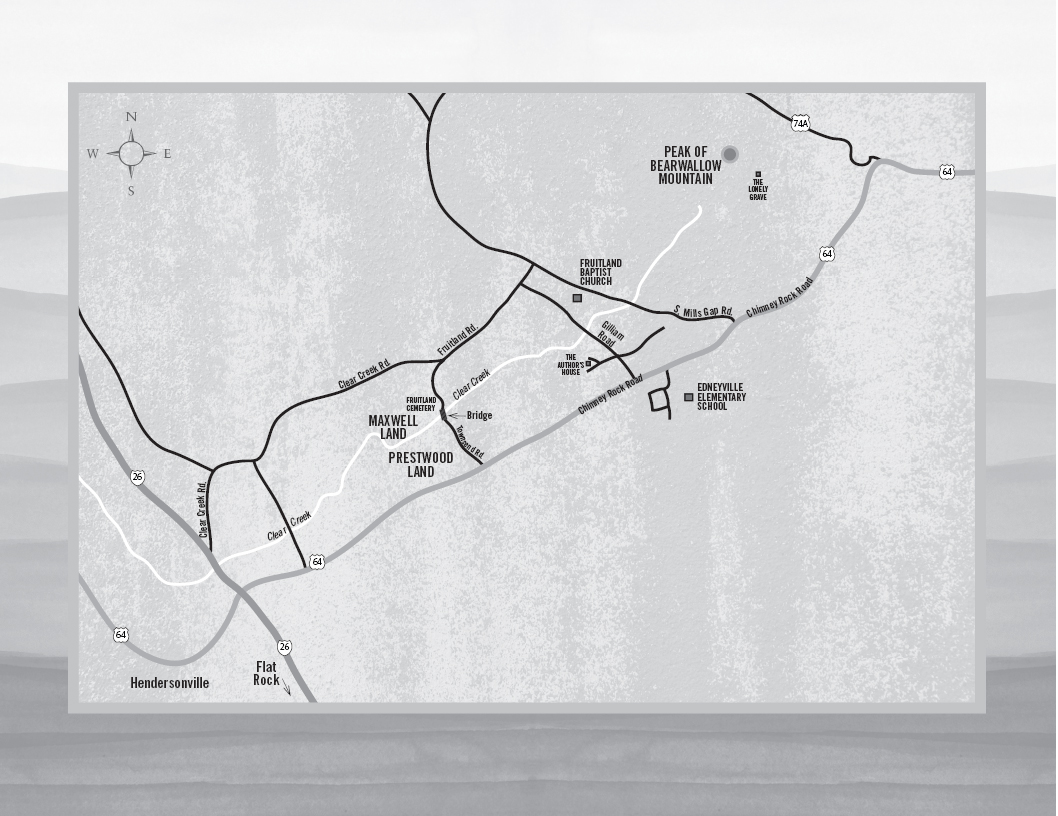
To come devotedly into the depths of a subject, your respect for it increasing in every step and your whole heart weakening apart with shame upon yourself in your dealing with it: To know at length better and better and at length into the bottom of your soul your unworthiness of it: Let me hope in any case that it is something to have begun to learn.
James Agee, Let Us Now Praise Famous Men
Prologue
Now the Lord said to Abram, Go from your country and your kindred and your fathers house to the land that I will show you. Abram was seventy-five years old when he departed. Then the Lord appeared to Abram, and said, To your offspring I will give this land.
As far as I know, my Abraham forefather made no covenant with God. He wasnt promised a piece of land near the Euphrates, didnt march through the desert with family and slaves and animals in tow, trusting in unseen land. No, my Abraham was Dutch, not Hebrew, and something more of a leprechaun. Not short or red-headed or ever-clad in green, but the kind of man who buried pots of gold in the woods.
Like the Abraham of antiquity, Abraham Kuykendall trekked across landsleaving New Amsterdam in the mid-eighteenth century, gliding south through Virginia and the Great Wagon Road, and eventually boring into western North Carolina. There, he married, began fathering children, and took up arms for the American Promised Land. After the war, he and Elizabeth and his tribe of eleven children built a sturdy life on the edge of Cherokee country. Abraham became something of a frontier father figure. He was appointed commissioner, overseeing the building of the courthouse and prison, and was then elected justice of the peace.
But this was all before his claustrophobia. Before he set off into the wild at age seventy-five with a young temptress to brew whiskey. Before he threw all his gold into the earth in the middle of an empty night.
As more pioneers pulled wagons in to lay claim to the open land around him, he itched for space. His world wasnt yet crowded, but Abraham felt squeezed by the sprouting houses and filling streetsby the shift from frontier to development. He knew the Hopewell Treaty of 1785 had opened up the Blue Ridge Mountains to settlement. Across his western horizon, those blurry mountains stretched out, empty and unknown and tempting. And Abe was restless.

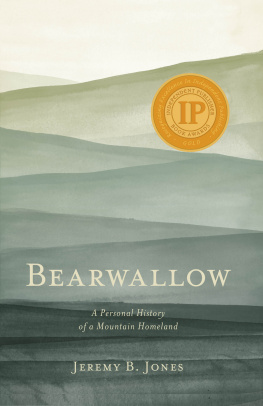
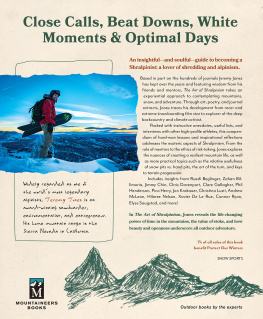

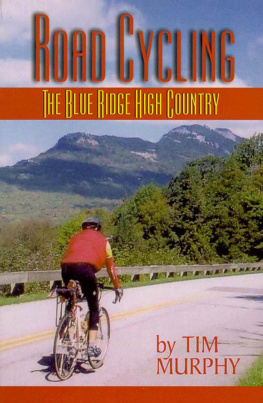

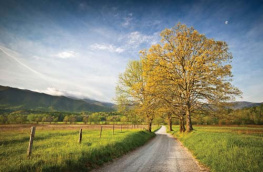








 To
To

